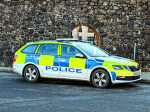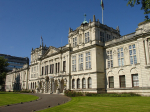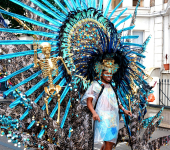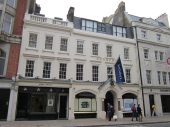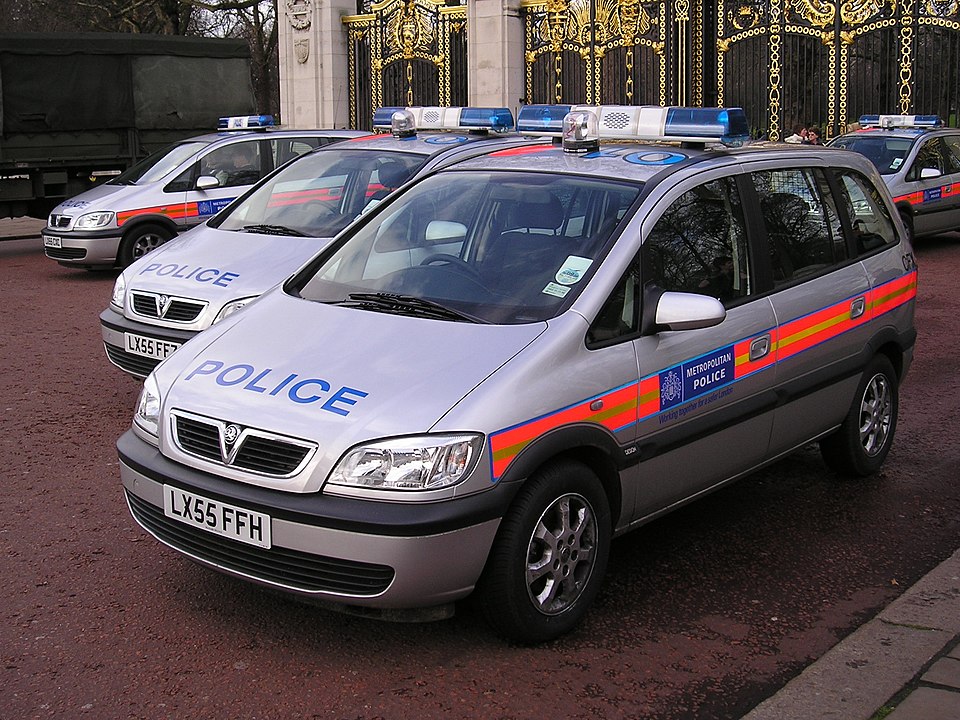
The Metropolitan Police Service is increasing its presence at major music events across London this summer, aiming to enhance the safety of women and girls as the city sees a surge in
stadium concerts.
With over 51 large-scale concerts planned and more than 3 million expected attendees at Wembley Stadium alone, officers will play a visible and active role. This includes over 5,000 dedicated shifts covering public order, protective security, and specialist Violence Against Women and Girls (VAWG) patrols.
The initiative launched on 5 June at Beyoncé’s concert at Tottenham Hotspur Stadium — the first of 19 shows at that venue. Since then, officers have already taken action, removing individuals for stalking and threatening behavior and arresting a man for upskirting.
Working closely with event organizers and private security teams, police will engage with attendees, monitor for predatory or violent behavior, and respond swiftly to any incidents. Officers will also patrol surrounding areas, including key transport hubs, to ensure concertgoers feel safe from arrival to departure.
This effort is part of the Met’s broader VAWG strategy, which includes the V100 project. This program uses data to target high-risk offenders, significantly increasing arrest rates. Around 75% of those on the V100 list face allegations of rape, sexual assault, or murder. Risk levels are determined using crime reports and the Cambridge Crime Harm Index, which measures the impact on victims.
Deputy Assistant Commissioner Ben Russell, who leads the Met’s V100 initiative and is also the lead officer for concerts this summer, said:
“Every woman and girl has the right to feel safe, whether walking home, using public transport, or enjoying a night out at a concert. Yet too many still don’t. The Met is determined to change that.
“This summer we are working closer than ever with stadium management and major event organisers to help keep the public safe. Dedicated VAWG patrols are taking place at a number of concerts throughout the summer, with officers trained to spot predatory men in crowds and taken action to prevent violence before it happens.”
Deputy Mayor for Policing and Crime, Kaya Comer-Schwartz, said:
“Women and girls deserve to be safe and feel safe wherever they are in the capital and I welcome this action by the Met at summer concerts to prevent violent behaviour, support those in need and take swift action against perpetrators.
“The Met’s V100 work, made possible by City Hall funding, is transforming the way they tackle violence against women and girls, ensuring perpetrators who pose the greatest risk are arrested and convicted – protecting victims from the worst offenders and making our streets safer. Putting specially trained officers at these busy summer concerts is another step in the right direction. The Mayor and I will continue to support the Met to do everything possible to keep women and girls safe as part of our ongoing public health approach to tackling VAWG in all its forms to build a safer London for all.”
A Wembley Stadium spokesperson said:
“The Wembley experience is all about enjoying a moment that our guests will remember forever.
“We are expecting around 3 million people to attend our concerts this summer – the majority of whom will be young women and girls.
“All of them should be able to attend without any fear or worry and be able to remember that moment for all the right reasons."
Additional Measures by the Met:
- Rapid Video Response trials to improve victim support
- Stalking Threat Assessment Centre to better manage risk
- Training for 20,000+ officers on domestic abuse and sexual violence
- 565 new public protection roles focused on domestic abuse, rape, and sexual offences
- Live Facial Recognition technology to identify wanted individuals and those under court orders
This summer’s high-visibility patrols are part of the Met’s long-term commitment to restoring trust and preventing harm. Members of the public are encouraged to speak with officers at events or call 999 in an emergency. Photo by Dani_7C3, Wikimedia commons.

















